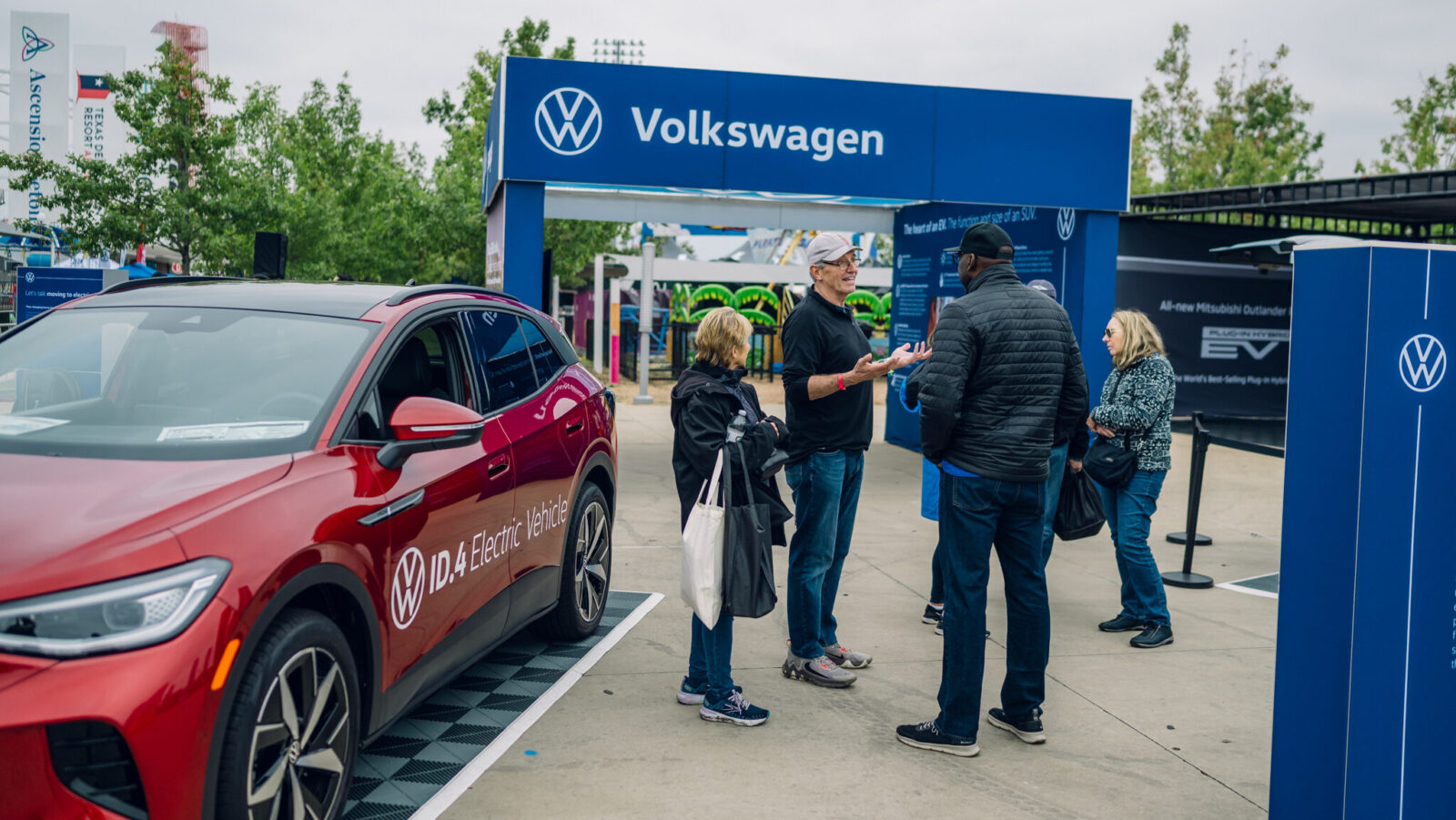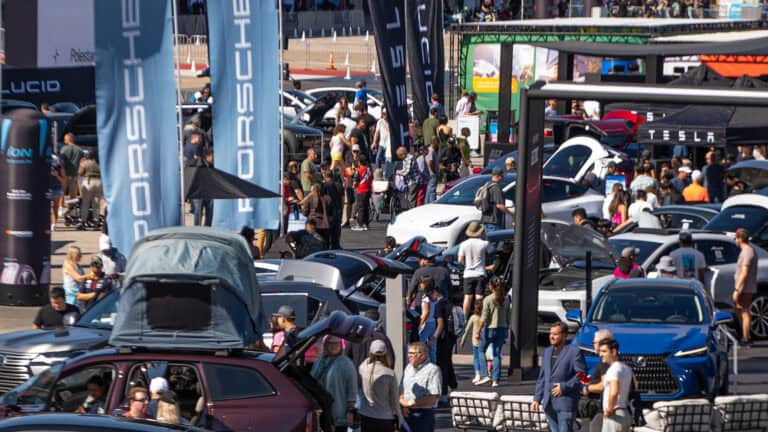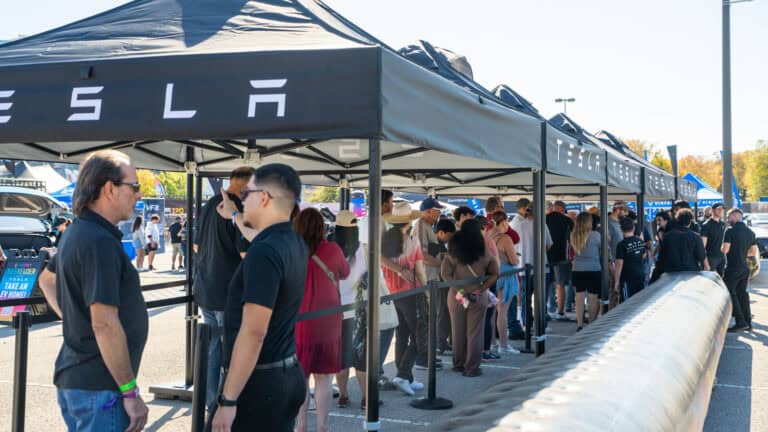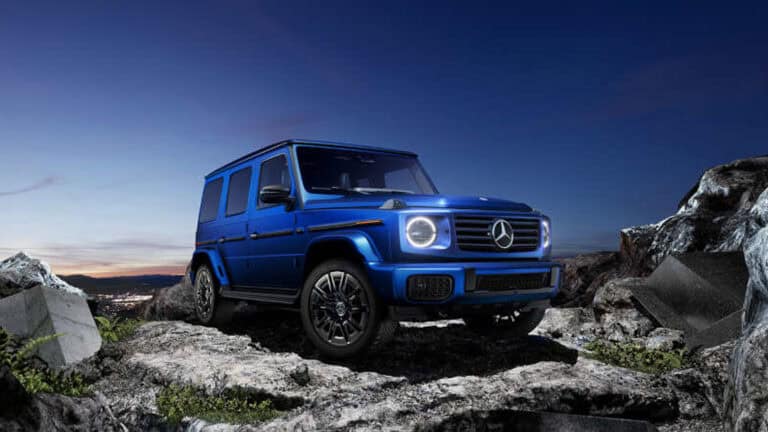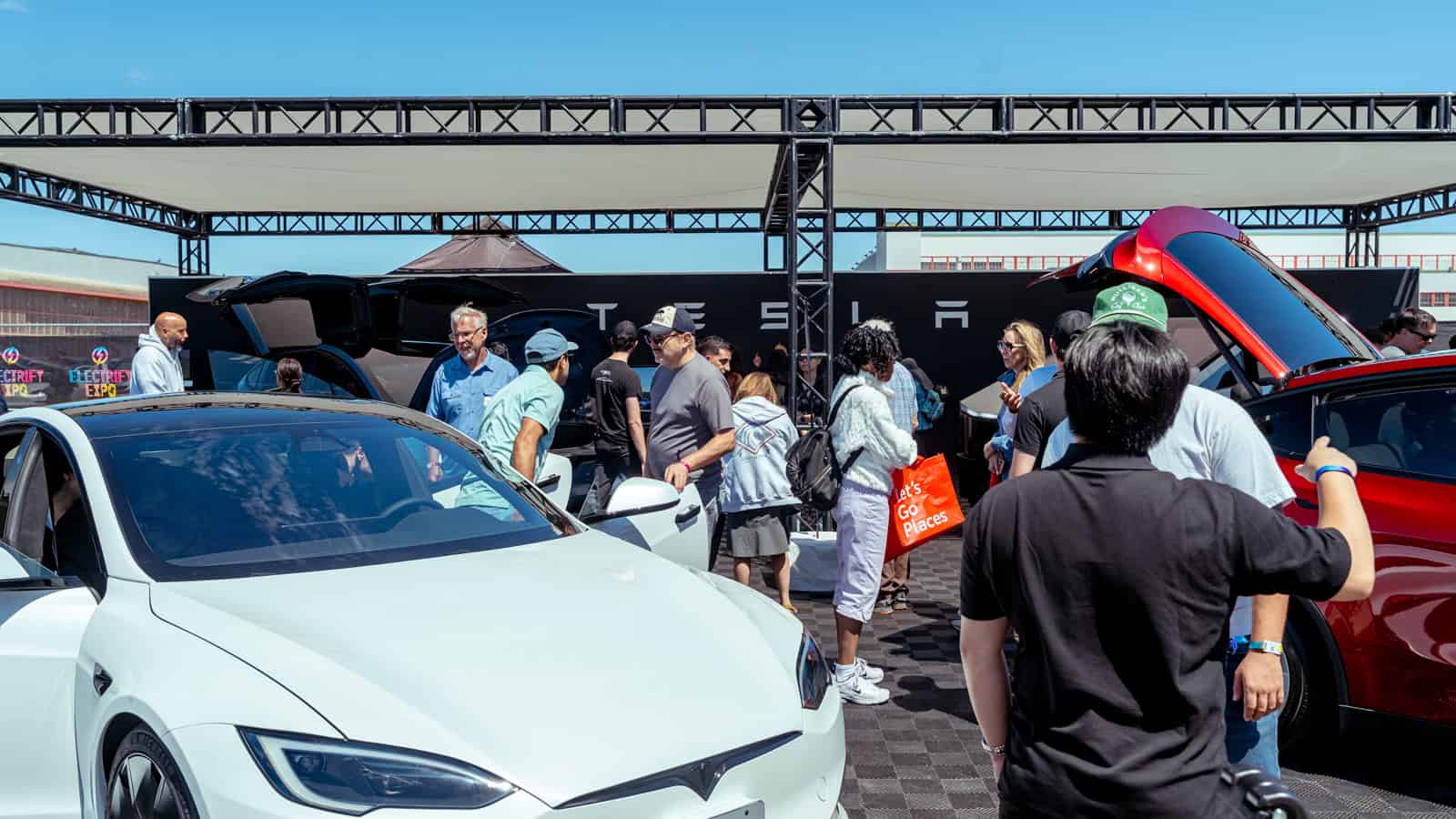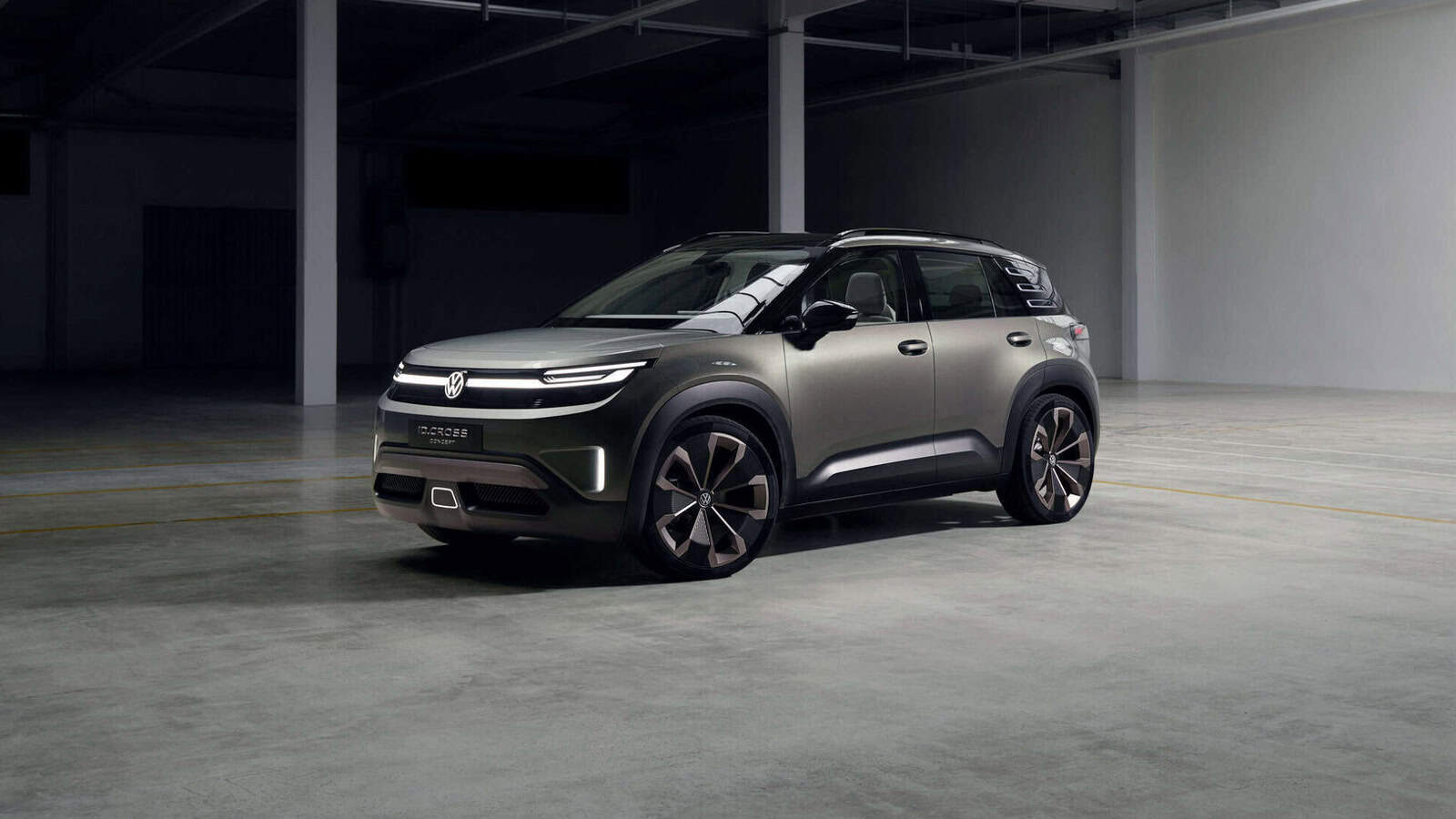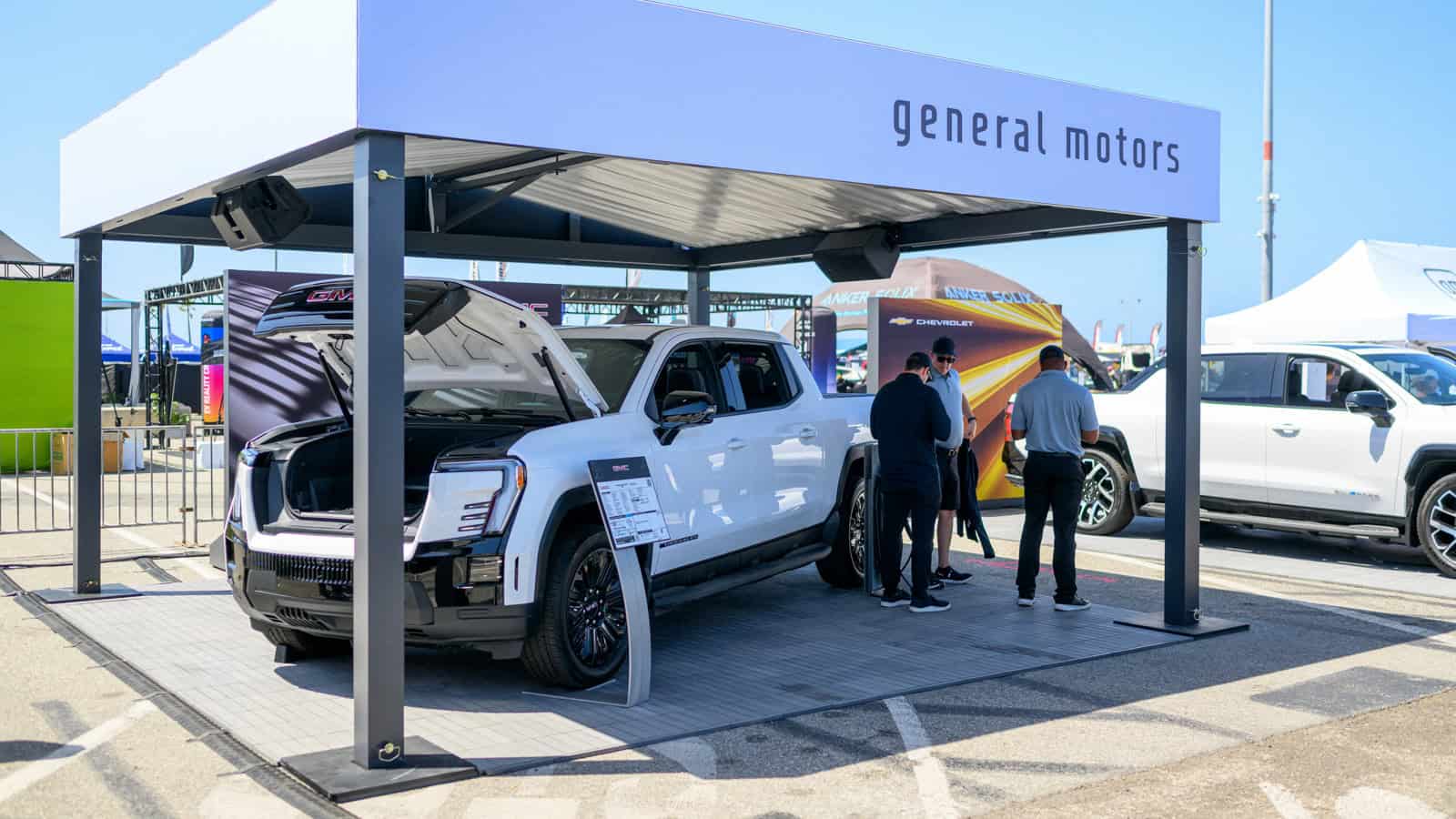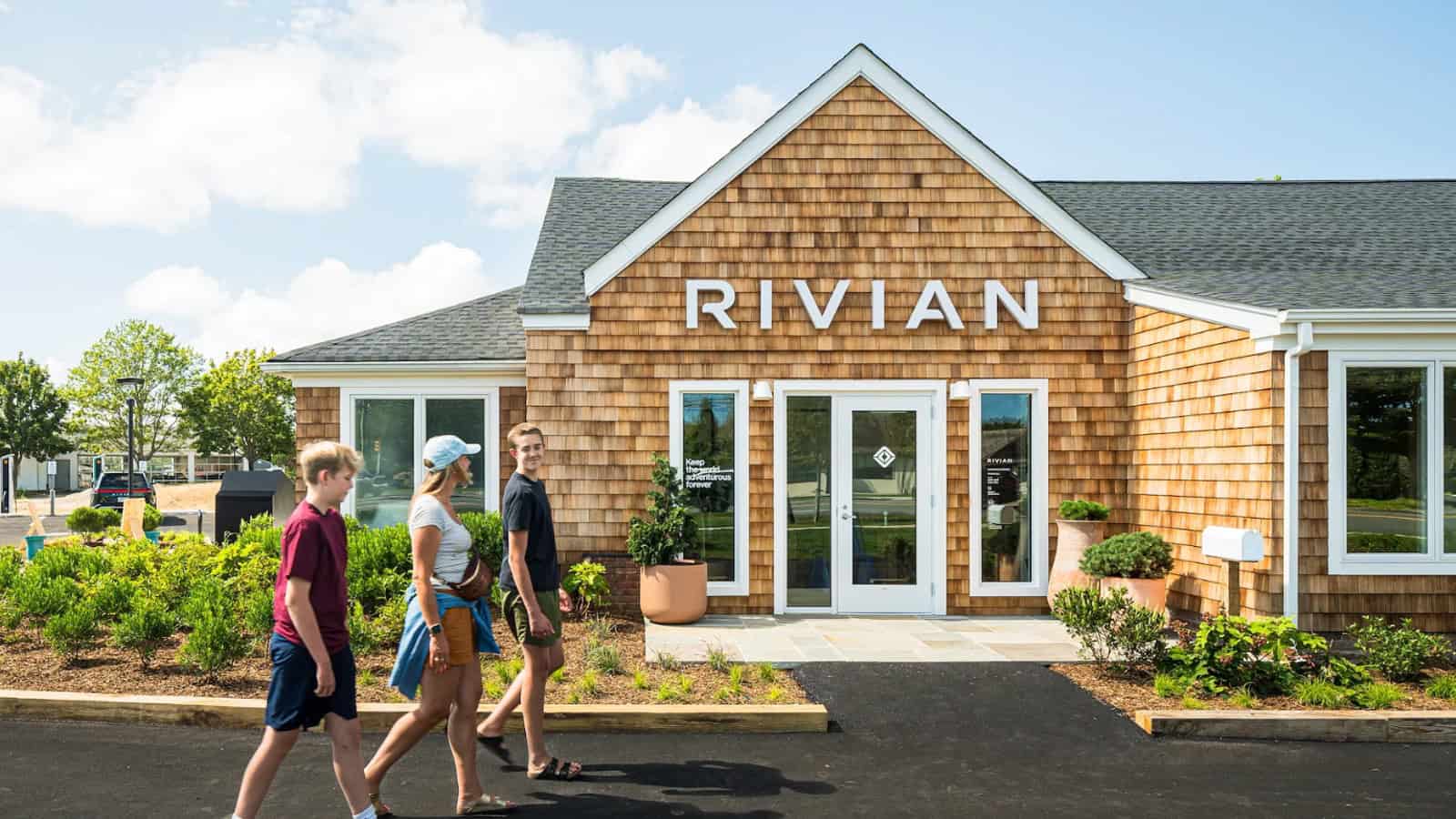- Rivian and Volkswagen developed a drivable demonstrator vehicle in just twelve weeks, proving how quickly innovation can happen when a new automaker partners with a legacy giant.
- Volkswagen plans to invest up to $5.8 billion in the joint venture by 2027, starting with $1.3 billion for intellectual property and equity stakes.
- The joint venture is creating scalable technology that supports features like automated driving and over-the-air updates, making advanced EVs affordable and accessible worldwide.
ADVERTISEMENT
Why should advanced, affordable electric vehicles still feel out of reach for so many? The answer lies in how the industry tackles innovation, and Rivian and Volkswagen Group are rewriting the playbook.
By joining forces, these two giants are breaking down barriers that have held back widespread EV adoption. Their $5.8 billion partnership will be making electrification accessible to millions. Their new joint venture will push the limits, delivering electric vehicles loaded with new and advanced technology, priced to fit more budgets, and equipped with over-the-air updates that keep them fresh and functional for years to come.
Launching today, November 13, brings together Rivian’s innovative electrical systems with Volkswagen’s legacy vehicle expertise. The goal is simple but ambitious, to get more people behind the wheel of electric vehicles, faster than ever before.
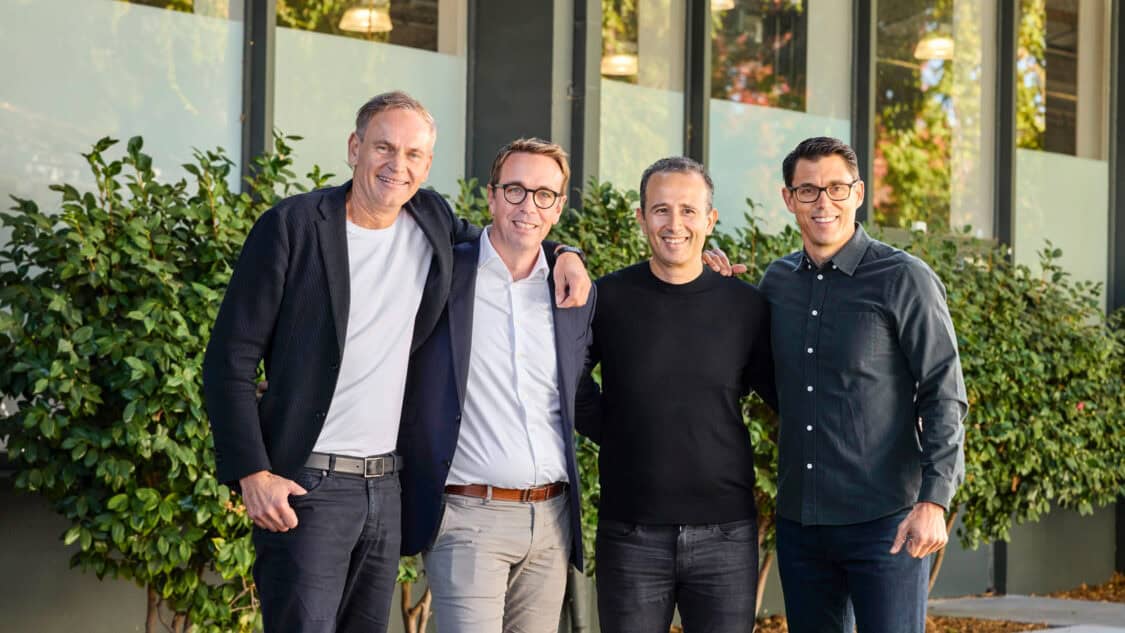
Reducing Costs, Accelerating Adoption
Affordability has always been one of the biggest hurdles in the EV market. Rivian and Volkswagen are tackling this head-on by teaming up, sharing resources, and finding smarter ways to cut costs. Together, they’re changing the deliver technology for manufacturers, opening the door for more people to experience electric vehicles.
According to Wassym Bensaid, co-CEO of the joint venture, “The aim of the joint venture is to speed up innovation, increase scale, and lower the cost of owning an EV for millions of people around the world.” This partnership will leverage economies of scale, combining Volkswagen’s global production strength with Rivian’s agile, tech-forward approach.
This approach reflects a growing trend in the EV industry. Collaborative efforts between automakers, utilities, and technology firms are emerging as critical to advancing EV adoption. And partnerships like these are essential for reducing development costs and building strong, reliable EV platforms capable of meeting increasing demand.
ADVERTISEMENT
Rivian and Volkswagen Are Evolving EVs That Get Better With Time
At the core of Rivian and Volkswagen’s partnership lies the commitment to developing modular and flexible electrical architectures. These systems are designed to evolve, with regular over-the-air updates, offering new features and improved functionality throughout their lifecycle. Your electric car will improve over time.
According to RJ Scaringe, Rivian’s Founder and CEO, “We’re thrilled to see our technology being integrated in vehicles outside of Rivian, and we’re excited for the future. Rivian will continue to stay focused on creating best-in-class products and services that benefit our customers, helping to drive EV adoption.”
These words highlight the venture’s bigger goal, making EV ownership practical and appealing for people everywhere.
ADVERTISEMENT
Rivian and Volkswagen Prove Collaboration Drives EV Innovation Faster and Smarter
The automotive industry thrives on competition, but Rivian and Volkswagen are proving that working together can achieve far more. Their partnership highlights how collaboration is becoming a powerful force in the EV world, bringing companies together to solve big challenges and deliver better results for everyone.
Teaming up across industries is key to creating a fully connected electric vehicle ecosystem. These partnerships fuel innovation and support circular practices, helping supply chains stay sustainable and efficient at every step.
In only twelve weeks, teams from Rivian and Volkswagen brought a drivable demo vehicle to life, blending Rivian’s zonal hardware design with a Volkswagen model. This achievement highlights the strength of their collaboration and sets the stage for rolling out new technologies across a wide range of vehicles more quickly than ever before.
Carsten Helbing, co-CEO of the joint venture, acknowledged the rapid progress: “Over the past few months, we’ve created the framework for bringing together the JV teams and pooling our resources. We are thrilled with the rapid progress we have achieved in the preparatory phase. This has laid the foundation for our future success.”
ADVERTISEMENT
What It Means for Consumers
For consumers, this partnership means affordable vehicles packed with real benefits. It offers vehicles packed with advanced automated driving features, integrated digital experiences, and effortless over-the-air upgrades. These are no longer optional perks, and they’re quickly becoming must-haves in today’s connected world.
Volkswagen CEO Oliver Blume highlighted the consumer-first approach: “We have a clear plan to offer our customers the best products and digital experiences at attractive prices through state-of-the-art development processes, advanced technological approaches, and a competitive cost base driven by synergies.”
This investment shows Volkswagen’s dedication to making this vision a reality. The company is committing up to $5.8 billion to the joint venture, starting with $1.3 billion for intellectual property licenses and equity stakes. Future funding hinges on clear, measurable milestones, keeping the focus sharp and progress on track.
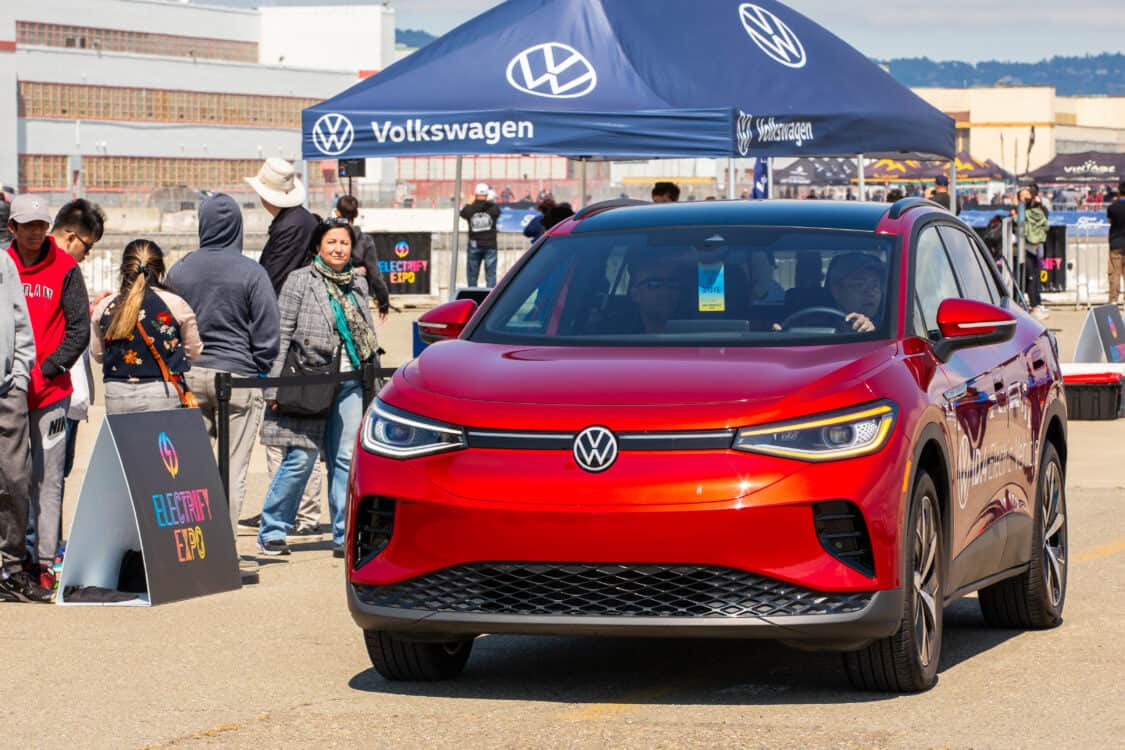
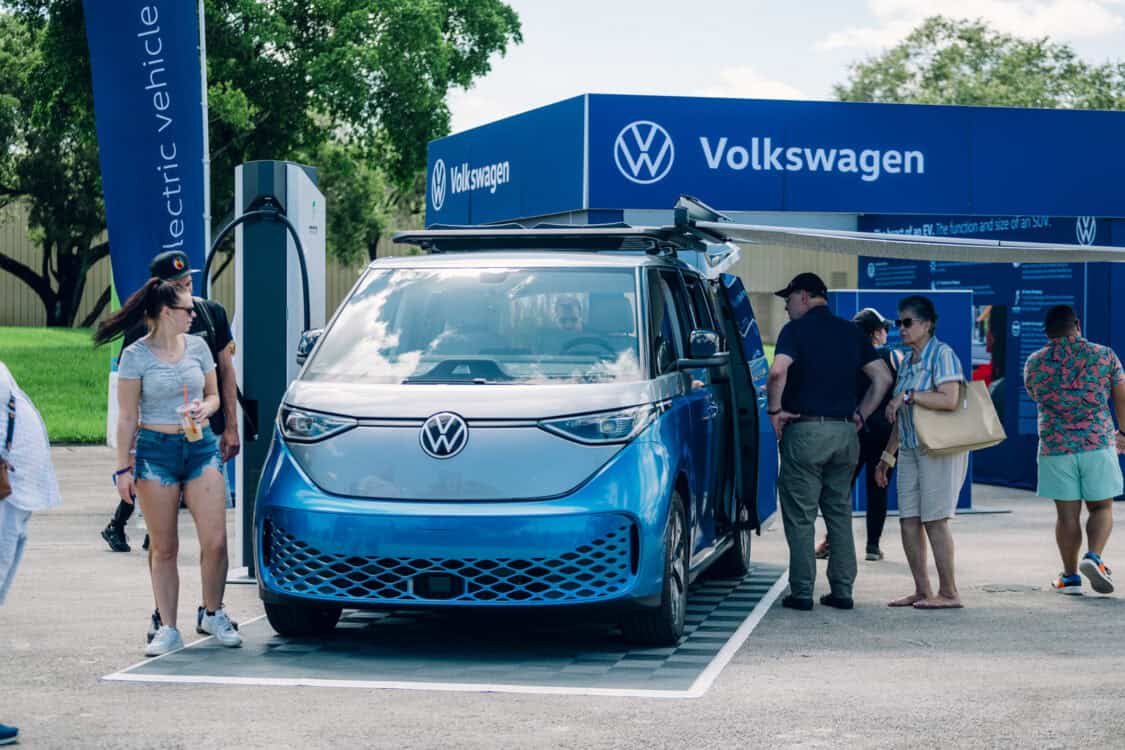
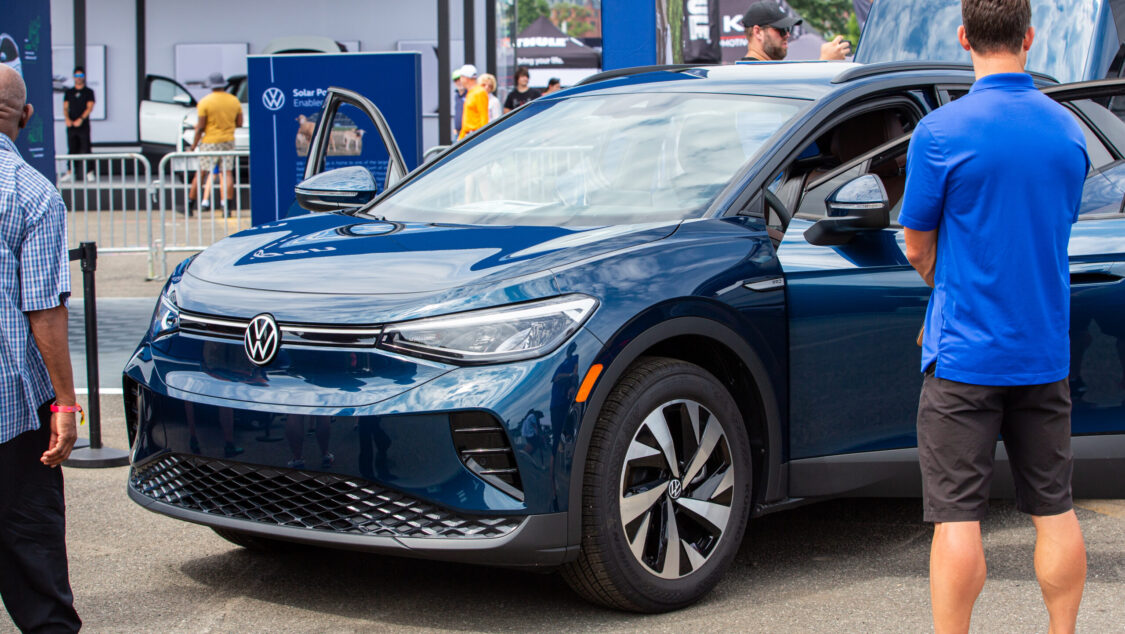
How Teamwork Drives the Future of EVs
When governments and private companies come together to build electric vehicle infrastructure, partnerships like Rivian and Volkswagen’s are essential. These collaborations bring resources together and create a smoother, unified approach to advancing the EV market. This kind of teamwork is key to tackling climate goals while keeping up with the growing demand for sustainable transportation solutions.
The Rivian-Volkswagen partnership is a blueprint for breaking through the challenges of EV adoption. By working together, cutting costs, and putting consumers first, these companies are creating a model for the future of transportation that others can learn from.
It is time for other automakers, policymakers, and industry leaders to step up and take action. The move to electric mobility is essential for the future of transportation and the health of our planet.
As Wassym Bensaid eloquently put it, “While the demonstrator vehicle only scratches the surface of what is possible, it’s incredibly exciting to see what is possible when a new OEM and a legacy automaker work closely together.”
ADVERTISEMENT

SOURCE | IMAGES: VOLKSWAGEN GROUP, ELECTRIFY EXPO
FTC: We use income-earning auto affiliate links. Learn more.


